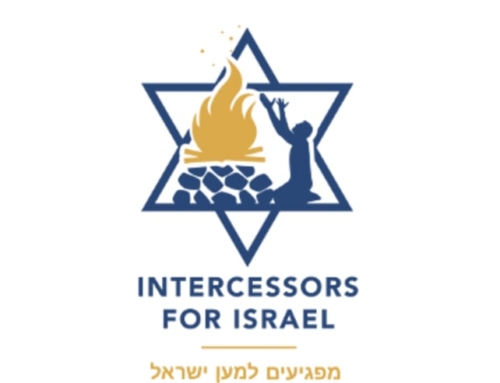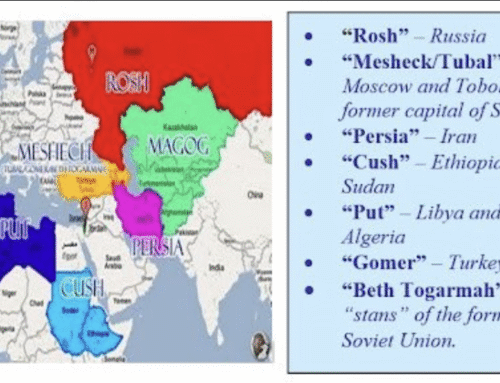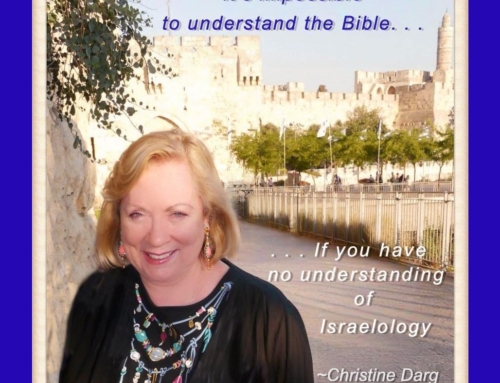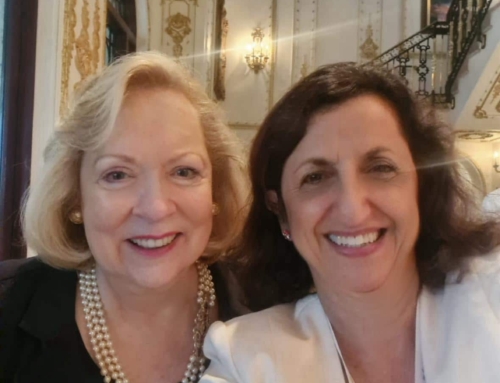By John David Pitcher Jr., MD
Here is a New Year’s Midrash study for your thoughtful consideration. Many find themselves in the same situation as Lot in this picture: helpless to procure his own release, muddied from the ordeal, knuckles white gripping the bar of their captivity, his body mostly in the shadows. He is aroused by a commotion and his face and right shoulder reflect a light from a torch. There is Good News for all of us! There is a Redeemer of the Captive!
Hebrews 4:1-9/Genesis 13:18-14:14a
“Lot, the Captive”
Have you ever inherited a useful tool to the extent that every time you use it you feel as the one that gave it to you, perhaps a father or a mother is right there helping you with a project? I inherited my father’s and some of my grandfather’s tools and when I use them I feel a feeling of satisfaction, almost joined in harmony with my memory of them that has a uniqueness about it that was set in motion long before receiving the tools.
Hebrews 4:1-9 is a Midrash of the Source Text Genesis 13:18-14:14a. There are seven words in common between the Midrash and the Source Text some used multiple times providing a framework of Paul’s commentary of this section of the Torah. There is a unique relationship between Abram and Lot though separated that Paul uses as he continues using Psalm 95 (1) within the Midrash to bring to light the relationship of the Messiah to his believer. Note the English translation of the Greek of the Midrash:
“Let’s fear therefore, lest perhaps anyone of you should seem to have come short of a promise of entering into his rest. For indeed we have had good news preached to us, even as they also did, but the word they heard didn’t profit them, because it wasn’t mixed with faith by those who heard. For we who have believed do enter into that rest, even as he has said, “As I swore in my wrath, they will not enter into my rest;” although the works were finished from the foundation of the world. For he has said this somewhere about the seventh day, “God rested on the seventh day from all his works;” and in this place again, “They will not enter into my rest.”
Seeing therefore it remains that some should enter into it, and they to whom the good news was preached before failed to enter in because of disobedience, he again defines a certain day, today, saying through David so long a time afterward (just as has been said),
“Today if you will hear his voice, don’t harden your hearts.”
For if Joshua had given them rest, he would not have spoken afterward of another day. There remains therefore a Sabbath rest for the people of God. (Hebrews 4:1-9, World Messianic Bible)
Note the highlights of the account recorded in the Source Text Genesis:
• Abram dwelt in Hebron and built an altar to the Lord, the pre-Incarnate Messiah there
• Four kings battled against five kings that were joined in harmony against the four
• For twelve years the five kings served the four but in the thirteenth year they rebelled
• The five kings fell to the four in a battle in the Valley of Siddim and Lot was taken captive
• One man escaped and told Abram that Lot was taken captive
Paul compares Abram, who was dwelling in the land promised to him by the pre-Incarnate Messiah, in Hebron with entering God’s rest contrasted with Lot, who was dwelling in Sodom but the words he heard did not profit him and had come short of entering God’s rest.
Paul’s use of the word “fear” (phobathowmen) has two contrasting first two uses in the Septuagint. The first use is in Genesis 3:10 when Adam reported to the LORD God, the pre-Incarnate Messiah, that “I was afraid.” The second is in Genesis 15:1 when the Lord God, the pre-Incarnate Messiah told Abram “Do not be afraid.” With the use of the word “fear” Paul takes the reader from the extreme falling short of the rest offered to Mankind by Adam to the acceptance of God’s rest by Abram. This word transitions the reader of the Midrash from the account of Creation to Abram’s upcoming encounter with Melchizedek, priest of the Most High God, the pre-Incarnate Messiah in the next section of the Source Text.
Paul uses the word “although” (kaitoi) in Hebrews 4:3 otherwise unused in the Septuagint or the New Testament (2) to identify the uniqueness of the works of salvation: they were finished from the foundation of the world! With the speaking of his Word, the pre-incarnate Messiah, God set into motion the salvation of makind through the Messiah.
He uses an uncommon word “somewhere” (pou) in Hebrews 4:4 that is only used in the New Testament within The Oldest Midrash (Hebrews 2:6; 4:4; Romans 4:19) and only in two places in the Septuagint (1 Kings 10:12; Proverbs 31:21), both related to King Solomon. (3)
In this section of the Midrash, Paul mentions or alludes through Midrash to the following persons who failed to bring rest to mankind:
• Adam
• Abram (Abraham)
• Lot
• Moses
• Joshua
• David
• Solomon
All is not lost! Paul gives the invitation in Hebrews 4:9 in anticipation of Lot’s release from captivity:
” There remains therefore a Sabbath rest for the people of God.”
I’ve illustrated Lot (4) Abram’s nephew in captivity, as in his fifth decade of life. His knuckles are almost colorless gripping the bar of his cell. He is mostly in the shadows and his countenance reveals he is helpless to procure his own release, his forehead muddied during the ordeal.
Yeshua the Messiah wants to be joined in harmony to you. He set in motion your salvation at the foundation of the world so you could be free from the captivity of sin. You are helpless to procure your own release. He wants to give you that feeling of satisfaction that whenever your heart is softened toward him in obedience he is right there with you. Today you can freely receive him as Messiah. In another letter Paul wrote:
“Working together, we entreat also that you do not receive the grace of God in vain, for he says,
‘At an acceptable time I listened to you. In a day of salvation I helped you.’
Behold, now is the acceptable time. Behold, now is the day of salvation.” (2 Corinthians 6:1-3, World Messianic Bible)
(1) See the previous section’s Midrash/Source Text article, Hebrews 3:9b-19/Genesis 12:4b-13:17, within the footnotes to review the structure of Psalm 95 describing the “Rock of Our Salvation” as Yeshua the Messiah, who the children of Israel tested in the wilderness.
(2) A hapax legomenon, literally “being said once”.
(3) The uses of the word “somewhere” in the Septuagint and the New Testament:
• 1 Kings 10:12: unhewn timbers for supports of the house of the LORD, and the house of the king, stringed instruments, and lutes for singers had not been seen
• Proverbs 31:21: the husband does not take thought wherever he is because of his virtuous wife
• Hebrews 2:6: The Messiah lowered himself to the son of man so that he could be the author of their salvation
• Hebrews 4:4: Paul connects God’s rest on the seventh day of Creation to the rest not obtained by the children of Israel
• Romans 4:19: Abraham was somewhere around 100 years of age when he was promised (by the pre-Incarnate Messiah) to be the father of many nations
(4) For further study, Lot is mentioned in Scripture in the following verses:
Genesis 11:27, 32; 12:4-5; 13:1-14; 14:12, 16; 19:1-36; Deuteronomy 2:9, 19; Psalm 83:8; Luke 17:28-29, 32; 2 Peter 2:7







It was IMPERATIVE that the pre-Incarnate Messiah rescue Lot on Abram’s behalf. For one of Lot’s daughters through incest with her father gave rise to the nation of Moab, from which came Ruth, an ancestor of King David (Ruth 4:13-22) and of Yeshua the Messiah (Matthew 1:1-16). Lot was related to Yeshua the Messiah!
And so it is equally IMPERATIVE that the Messiah rescue you and me for us to be related to him and released from the captivity of sin!
Re: Rahab (and others in Yesua’s genealogy)
Scripture says something like “a body I have prepared for you”. When one looks at Yeshua’s ancestry given in the word, one finds that God his father, curiously in many places, included people you and I might not have chosen to include. However, my personal take and what I believe that God has shown me is that all throughout the Old Testament, God was busy in his chemistry lab taking from each generation the DNA he required to create a body for his son to inhabit when he did become carnate. It is my personal belief and something I believe that God shown me. Also, that yes, Yeshua’s DNA included DNA from every person that has ever lived right down to the last one. That is why his natural blood, the blood that flowed through his veins was so very qualified to do for us what it did.
Yeshua is referred to in scripture as the last Adam. As proof of the truth of what I’ve said, no one could argue that the first Adam had the DNA of every person who has ever lived. Therefore the last Adam would also have been required to have the same. Selah!